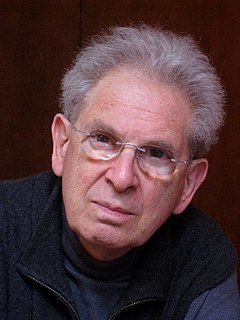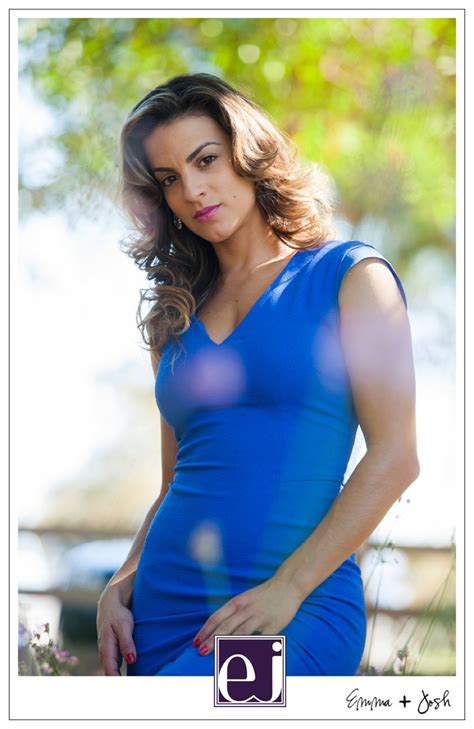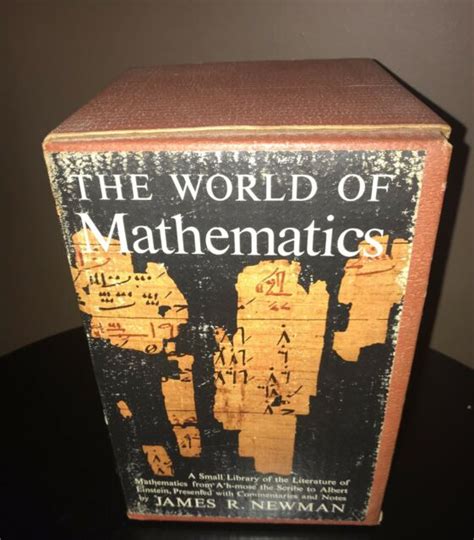A Quote by William James
Experience, as we know, has a way of boiling over, and making us correct our present formulas.
Related Quotes
Man can only be certain about the present moment. But is that quite true either? Can he really know the present? Is he in a position to make any judgment about it? Certainly not. For how can a person with no knowledge of the future understand the meaning of the present? If we do not know what future the present is leading us toward, how can we say whether this present is good or bad, whether it deserves our concurrence, or our suspicion, or our hatred?
We're very focused on making News Feed really good, making our photos experience really good, making messaging really good, and creating great location apps. That's the nature of a platform business of our scale. Most companies that are relevant to us will have some overlaps in some competitive way.
In our quest to quickly make three-dimensional objects, we can miss out on the experience of making something that helps give us our first understandings of form and material, of the way a material behaves--'I press too hard here, and it breaks here' and so on. Some of the digital rendering tools are impressive, but it's important that people still really try and figure out a way of gaining direct experience with the materials.
Living in the present is the way to go. I know firsthand about getting caught up in the hurts of the past and the anxieties of the future and thinking that we are somehow making ourselves feel better by doing so. We become lost in being everywhere but here and now, and the ironic part is that the present is the only place that will make us feel better.
Fear keeps us rooted in the past. Fear of the unknown, fear of abandonment, fear of rejection, fear of not having enough, fear of not being enough, fear of the future-all these fears and more keep us trapped, repeating the same old patterns and making the same choices over and over again. Fear prevents us from moving outside the comfort-or even the familiar discomfort-of what we know. It's nearly impossible to achieve our highest vision for our lives as long as we are being guided by our fears.
The Louvre is the book in which we learn to read. We must not, however, be satisfied with retaining the beautiful formulas of our illustrious predecessors. Let us go forth to study beautiful nature, let us try to free our mids from them, let us strive to express ourselves according to our personal temperaments. Time and reflection, moreover, little by little modify our vision, and at last comprehension comes to us.
The least livable life is the one without coherence-nothing connects, nothing means anything. Stories make connections. They allow us to see our past, our present, and our future as interrelated and purposeful.... The stories we value most reassure us that life is worth the pain, that meaning is not an illusion, and that others share our experience with us.










































